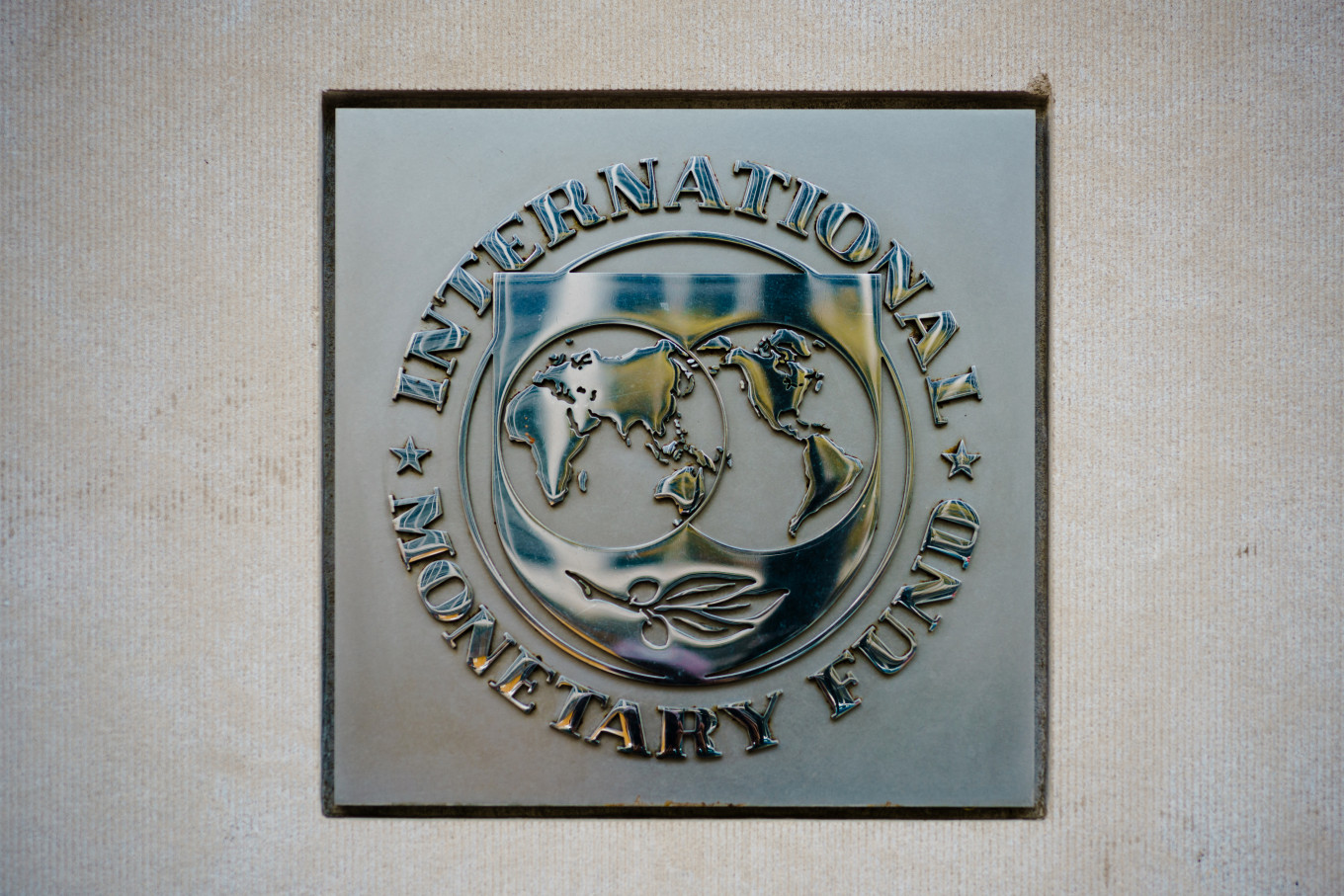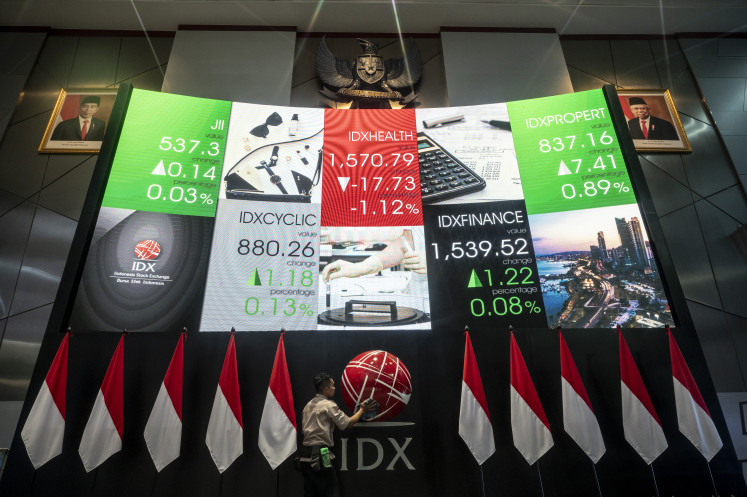Popular Reads
Top Results
Can't find what you're looking for?
View all search resultsPopular Reads
Top Results
Can't find what you're looking for?
View all search resultsNew mechanisms needed for debt stress as poor countries hit by surging prices: IMF
About 60 percent of low-income countries were already in, or at risk of, debt distress, the IMF said.
Change text size
Gift Premium Articles
to Anyone
S
harply higher global food and energy prices due to the war in Ukraine are hitting poor countries, and better mechanisms for dealing with sovereign debt stress will be needed to stave off defaults, the International Monetary Fund (IMF) said on Monday.
"The war in Ukraine is adding risks to unprecedented levels of public borrowing while the pandemic is still straining many government budgets," Vitor Gaspar, director of the IMF's fiscal affairs department, and Ceyla Pazarbasioglu, the IMF's strategy chief, wrote in a new blog.
"With sovereign debt risks elevated and financial constraints back at the center of policy concerns, a global cooperative approach is necessary to reach an orderly resolution of debt problems and prevent unnecessary defaults."
Spikes in food and energy prices were hitting low-income countries particularly hard, and they may need more grants and highly concessional financing. Countries should undertake reforms to improve debt transparency and strengthen debt management policies to reduce risks.
About 60 percent of low-income countries were already in, or at risk of, debt distress, the authors said. Rising interest rates in major economies could lead to widening spreads for countries with weaker fundamentals, making it more costly for them to borrow.
The credit crunch was exacerbated by declining overseas lending from China, which is grappling with solvency concerns in the real-estate sector, COVID-19 lockdowns and problems with existing loans to developing countries, they said.
Actions taken by major economies were insufficient, they said, noting that a freeze in official bilateral debt payments adopted at the start of the pandemic had ended, and no restructurings had been agreed under a framework set by the Group of 20 (G20) industrialized nations.
Options were needed for a broader range of countries, now not yet eligible for debt relief.
"Muddling through will amplify costs and risks to debtors, creditors and, more broadly, global stability and prosperity," they wrote. "In the end, the impact will be most sharply felt by those households that can least afford it."











